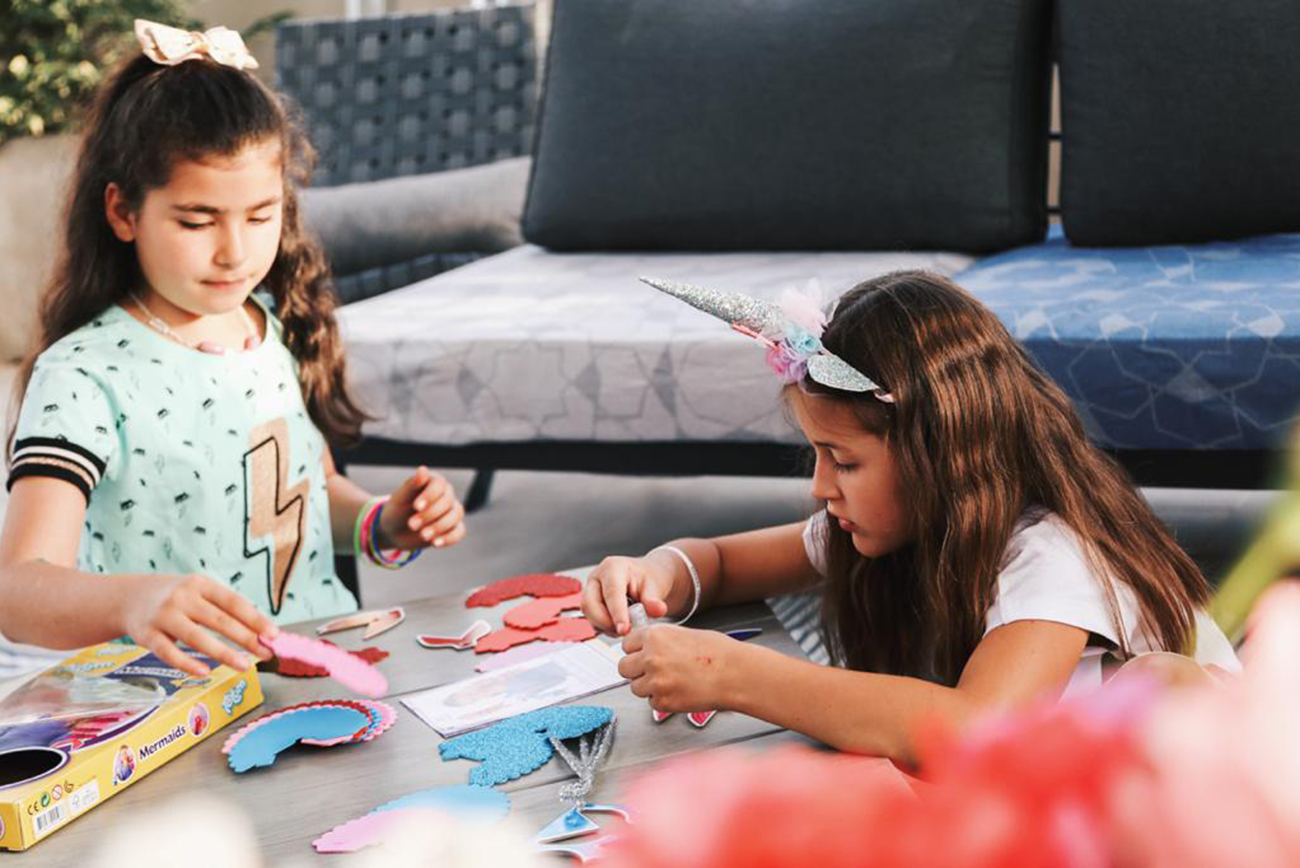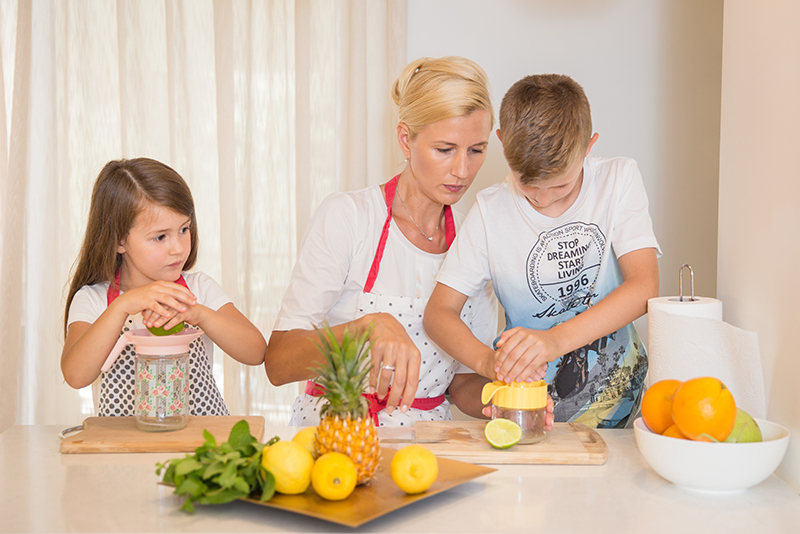With everything up in the air this year with the school year, we can’t just keep going in the unknown. This year is going to be different than any other, but it’s time to start thinking about what to do to prepare your child for preschool.
And maybe this is the first time they’re away from you at all. But, setting this specialty of this year aside — and whether it’s your first time or it’s your last-child, starting school is a big change for the kids.
Adaptation in kindergarten to new conditions is not always smooth. Sometimes the first days in kindergarten are emotional and difficult.
How to make it easier for a child to get used to the new situation? What mistakes should not be made and what to remember? Is my child ready for kindergarten? Am I ready?
For the adaptation in the kindergarten to run smoothly, without unnecessary stress, it should take place at the right time. Both the child and the parent must be ready to adapt to the new situation.
The child must be emotionally and socially mature enough to cope with:
- constantly increased activity,
- with a lot of new stimuli,
- with waiting for the satisfaction of his own needs.
Adaptation in kindergarten – a child’s curiosity and parents’ fears
A child who crosses the threshold of the kindergarten is usually curious. He sees a new place, new people – children and adults, toys, and begins to notice new opportunities to spend time together, having fun and discovering new things. He also deals with what he does not always like – with a different form of care, the need to “share” the favorite teacher, waiting for her turn, remembering many things that were previously taken care of mother or grandmother. A parent may also have mixed feelings – on the one hand, mum or dad may be truly satisfied with the child’s achievement of preschool readiness, they may simply enjoy the moment of rest during the day (that’s okay), on the other hand, there is a fear of how the child will cope with finding himself in the group, whether he will be able to take care of his needs, whether he will eat, communicate skillfully, etc. Such a large explosive mixture is natural, unfortunately, it is also often passed on to the child. When a toddler sees a nervous mom or dad, he becomes more stressed by the situation himself.
Which problems we can meet during the adaptation in the preschool?
Adaptation in the preschool does not always run smoothly. Sometimes problems arise, most often resulting from the child’s anxiety, which can manifest in many ways:
- eating disorders – refusal to eat a meal,
- sleep disorders – frequent wake-ups, refusal to sleep alone,
- physiological regression – day and night wetting,
- withdrawal, passivity, apathy,
- aggression, hyperactivity.
A small child usually does not understand what is happening to him. She cannot name her own emotions. She manifests them in various ways, often very disturbing for parents, for example through rebellion and distrust of loved ones: refusal to return home, running away when a parent comes to pick up the child, crying, hysterical laughter, scowls, being offended by mom and dad, aggression.

How to deal with the difficulties of adaptation in kindergarten?
The basic and the most difficult piece of advice for all parents is to stay calm. Avoiding over-stressing the situation or putting more emphasis on it than it deserves. It is a very big mistake to talk about a problem in the preschool in front of the child, to “worry” about the situation when the toddler is listening.
The second important thing is not to deny the emotions of the child. When a parent shows an understanding of what is happening to a toddler, it kind of relieves him of the excess of feelings. Saying “do not be afraid”, “do not cry” may be counterproductive and may contribute to the conviction that “mom or dad does not understand”.
Separations should be short, the parent should take care of his well-being so that he can smile, but firmly hand over the child to the teacher. You should not allow a situation where the teacher “tears” the child from the parent, try to unstick him from the mother or father.
Also, we cannot allow the crying baby to be taken home. This will only confirm him in the belief that the behavior brought the expected result. He will most likely do likewise the next time.
In the first weeks of a child’s stay in kindergarten, it is worth letting the toddler bring in her a favorite a toy that will allow them to cuddle and gain a sense of security.
There is no point in putting pressure on your child to talk about kindergarten. However, when she begins to speak about it, we should listen to her and patiently answer questions, even those constantly arising. Therapeutic fairy tales, books, shows about the preschool the new situation are always a good idea.
If a child refuses to eat in kindergarten, it is worth waiting out the situation, avoiding feeding the child immediately after being picked up from kindergarten. The toddler’s menu should be varied, without very sweet or fatty snacks.
When a toddler starts to have frequent mishaps, we do not laugh at them, we do not embarrass the child, we change the toddler’s clothes and comfort them, saying that “nothing happened, that sometimes it can happen to everyone“.
After all, you have to remember that the adaptation doesn’t last forever.
Successful allows the toddler to become a “full-fledged” preschooler with new experiences, facilitating the next stages of education.
Finger crossed!

Wishing you all a great start at the preschool (or kindergarten, school, etc.).
Keep well, and I will be back soon with more inspirations for you,
Till then –
Much love,
Joanna
xxx


